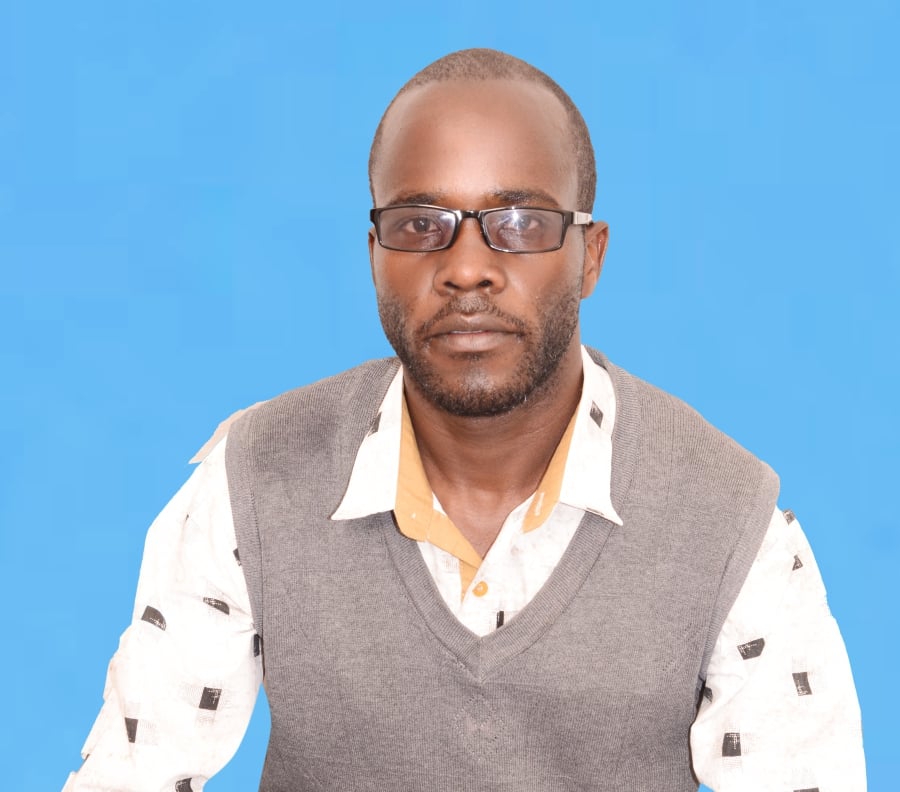RDC wants govt jobs ring-fenced for UPE products

The Bushenyi Resident District Commissioner, Mr Robert Atuhairwe. Photo | Zadock Amanyisa
What you need to know:
- According to Mr Atuhairwe, after studying at UPE and USE schools and finally graduating, the poor still face significant competition from more privileged individuals for job opportunities
The Bushenyi Resident District Commissioner, Mr Robert Atuhairwe, has asked the government to ring-fence some government jobs for the graduates of Universal Primary Education (UPE) and Universal Secondary Education (USE) as a way of motivating learners.
According to Mr Atuhairwe, after studying at UPE and USE schools and finally graduating, young people fail to get jobs, yet they are told to study and get jobs in the future.
“A fraction of government jobs should be ring-fenced for UPE and USE graduates, because after we have invested money in their education, what next? UPE graduates should be given special consideration for jobs and other opportunities like scholarships. This will encourage learners, parents and teachers to have optimism in UPE,” he said during a panel discussion at the Fireplace Conversations event in Bushenyi District on Friday.
"Currently, UPE beneficiaries face significant competition from more privileged individuals for opportunities; which should not be the case after the government invested billions of shillings in the free education program. The private sector and other employers are also encouraged or required to do the same and consider UPE graduates," he added.
Arguing that UPE has registered success, Mr Atuhairwe asked that consideration of UPE graduates in the job market should be done on a quota basis to have many of them absorbed, adding that this could address unemployment challenges.
The Chairperson of Bushenyi district, Mr Jafari Basajabalaba, highlighted the challenges that the UPE program faces, including poor policy design, staff accommodation, and the shortage of scholastic materials among others.
Despite these challenges, Mr Apollo Lee Kakonge of the Western Ankole Civil Society Forum encouraged citizens to support the UPE and USE programs, which have increased literacy levels in Uganda.
He, however, challenged the government to do more by improving the state of classrooms and providing sufficient funding for the program to continue helping Ugandans fight illiteracy.
The Fireplace Conversations session aimed to discuss the achievements, lessons, and challenges of the UPE program, which has been running for 27 years since its establishment in 1997.





